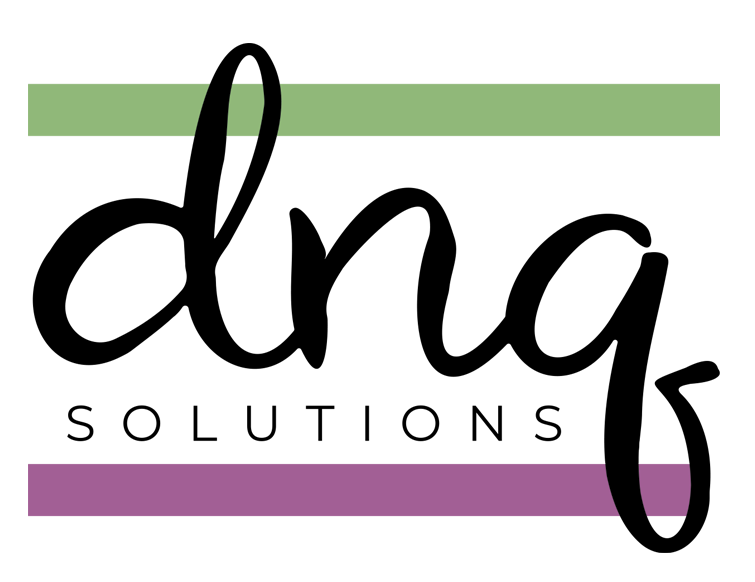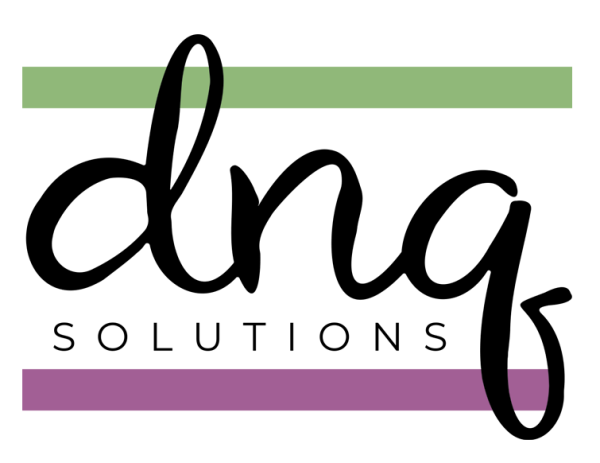Homes become full of stuff for a variety of different reasons. It may be hoarding, or it may be that the organizational systems don’t work due to chronic disorganization. Whatever the reason, the over-abundance of stuff is stressful and takes a toll on every facet of your life.
Many people who have hoarding behaviors and tendencies or excessive clutter are embarrassed by the way their home looks and are reluctant to have anyone over. We call this CHAOS: Can’t Have Anyone Over Syndrome.
Sometimes, they don’t even really know how their home came to be so full. The hoarding behaviors may have started as collecting. When someone has hoarding behaviors and tendencies, they tend to create piles, and before they know it, there are stacks everywhere.
The thought of going through all these piles is overwhelming. Cleaning up is difficult. It’s important to work with an objective, trained professional who will support the person challenged by hoarding behaviors and tendencies or excessive clutter in their efforts to change their habits and their environment.
Here are some behaviors commonly associated with hoarding:
- There is a persistent difficulty in discarding or parting with possessions because of a perceived need to save them.
- The person experiences distress at the thought of getting rid of items.
- The home has an excessive accumulation of stuff, regardless of value.
- Rooms in the home cannot be used as intended because they are full.
Here are the three hallmarks of chronic disorganization or excessive clutter:
- It persists over a long period of time
- Frequently undermines your quality of life
- Recurs despite self-help attempts
If this is your problem I can help.
My goal is to create organizing strategies that work for you in your environment.
William Morris, a 19th-century English craftsman, said, “Have nothing in your house that you do not know to be useful or believe to be beautiful”
I share this quote with my clients because I believe it can guide us in controlling excessive clutter in our homes.
Things accumulate in our homes over time unless we give our attention to the meaning they bring to our lives. Things break and instead of scheduling time to get them fixed or fix them ourselves, we put it off until later.
These things get stuck in a drawer, at the back of the closet or cupboard, in the attic, or in the garage. Before we know it, these spaces are filled up and overflowing! We forget to go through these hiding places and empty them of the things we know we don’t use or want anymore.
As you look around your home ask yourself:
1. Do I use this? If you do great! Find a place to keep it.
2. Do I believe this is beautiful? If you don’t like the way something looks and you don’t use it, what is it doing in your home?
The benefits of controlling clutter are:
1. You will save time because you won’t waste time looking for the things you want. You’ll know where they are.
2. You will save money because you won’t waste money buying duplicates.
3. You will have less stress. Science has proven that extremely cluttered environments are stressful.
Before I start working with you, we will talk through your goals and create a comprehensive plan.
We will work on one area of your home at a time, focusing first on safety. Then on maintenance strategies.
We will reduce piles and tripping hazards and create a walkway at least 36 inches wide so that first responders can come into your home with a gurney if needed.
My promise to you is that we will work together to create organizing solutions for you so it’s easy for you to find your things, maintain a sense of order, and feel comfortable in your home.

